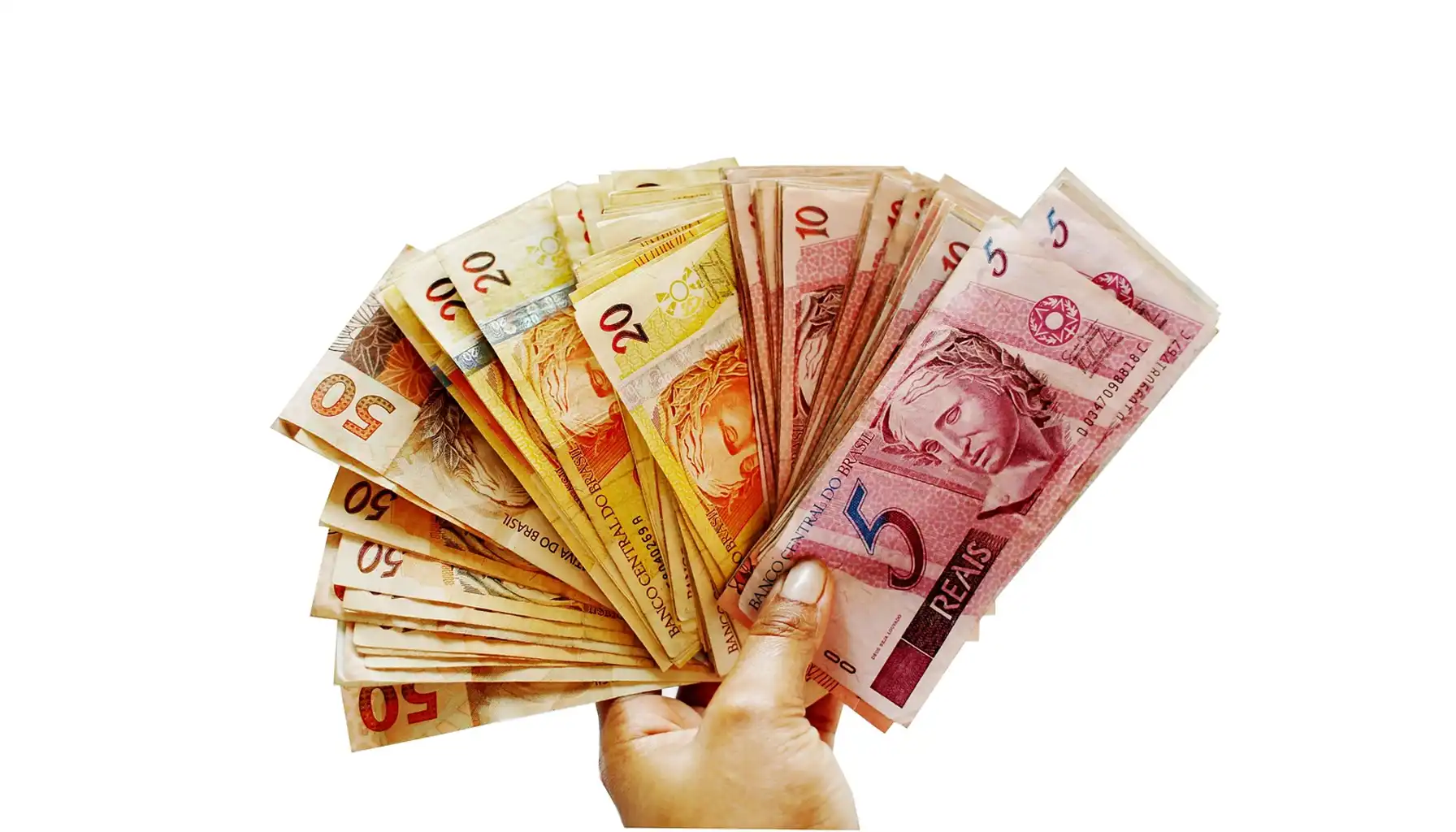Contents:
Fear of money may seem strange, because most people are more concerned about not having enough of it. But there is a separate disorder - chrometophobia, in which any action related to spending causes anxiety and panic reactions. A person may avoid stores, postpone paying bills and even deprive themselves of basic amenities.
Such a phobia can disrupt everyday life, relationships and career. If this vicious circle is not broken, then anxiety only intensifies.
A helpful habit is to practice simple cognitive exercises regularly — they make it easier to calm down, lower stress, and keep your emotions under control.

Chrometophobia Meaning and Definition
What is the fear of spending money called? The official answer from experts to this question is chrometophobia or chrematophobia. This is its own kind of phobia, and the truth is, most people need professional help to really break free from it. To understand the essence, it’s worth starting with the terminology. In Greek, "chrimata" means money, and "phobos" means fear.
Thus, the definition of chrometophobia sounds like a pathological fear that arises when it’s necessary to make a purchase or pay for a service. Chrometophobia, often described as a fear of money, emphasizes not the possession funds, but the reaction to their use.
At the same time, chrometophobia meaning is not just caution in spending, but an illogical state when even small expenses are perceived as a threat.
Chrometophobia Symptoms
Signs vary from person to person, but there are a few common patterns:
Panic when paying a bill or buying something.
Refusal to open bank notifications.
Obsessive urge to count savings.
Withdrawal from society, since any activity is associated with spending.
Ignoring basic needs: from buying medicine to replacing clothes.
Fear of Spending Money Disorder
Experts point out that fear of spending money is not the same as thrift or frugality. Unlike rational strategies, this condition leads to a deterioration in the quality of life, and sometimes to legal or medical problems.
Chrometophobia Causes
Why do some people feel joy over money, while others panic? There are several factors:
A financial crisis or years of poverty.
Watching family conflicts over finances.
Negative experiences: fraud, debt problems.
Social taboo on discussing income and expenses.
For some people, the fear of exceeding their budget becomes a trigger. It’s the fear of spending too much money that pushes them to refuse even minimal expenses. As a result, a pathological avoidance pattern is formed.

Effects of the Fear of Spending Money
Phobia affects different areas of life.
Area | Consequences |
Health | Refusal of medical services, saving on food |
Social connections | Fewer meetings, isolation |
Finances | Payment delays, destruction of credit history |
Daily life | Deterioration of housing and appliances without repair |
Emotional state | Increased anxiety, depression |
When they say the phobia of spending money, they mean exactly the case when a person realizes the irrationality of their reaction, but cannot control it. Because of this, it becomes hard to look ahead or grow as a person, and the constant shadow of guilt only makes things worse.
Diagnosing the Fear of Spending Money
Psychiatrists and psychotherapists use the DSM-5 criteria to make a diagnosis. The following are taken into account:
duration of symptoms (more than 6 months),
disproportionate intensity of fear,
avoidance of situations associated with spending,
significant deterioration in quality of life.
Chrometophobia Treatment

The good news is that phobias are treatable.
Cognitive behavioral therapy (CBT)
It’s considered one of the most effective methods. It helps identify irrational thoughts that lead to fear and replace them with more realistic, healthy alternatives. During therapy, a person learns to distinguish irrational beliefs from facts and forms a new habit of perceiving spending as safe and controllable.
Exposure therapy
It’s based on gradual exposure to frightening situations. A person starts with the simplest steps, for example, buying small items in a store, and as they get used to it, they move on to more serious expenses. It allows you to face your fears gradually and realize through experience that spending won’t bring catastrophic outcomes.
Self-help skills
These include breathing practices, relaxation techniques, yoga and meditation. They work to calm the body, lower tension, and give back a sense of control when anxiety feels unmanageable. Regular training makes the reaction more predictable and balanced.
Emotional support
The presence of family or friends in difficult situations creates a sense of security and reduces anxiety. Even the simple opportunity to discuss experiences with someone you trust helps to cope with stress and feel that a person is not left alone with their problem.
How to overcome the fear of spending money means learning to manage your emotions and introducing new habits.

Coping Strategies for Fear of Spending
When the fear of spending money is interfering with your life, it’s important to have a structured plan. Here are some practical strategies that help people with chromophobia:
Fear ladder: write out situations from the easiest (buying a newspaper) to the most challenging (paying a large bill). Start small and gradually move up.
Small purchases: allow yourself to regularly spend small amounts on little treats - a cup of coffee, a movie ticket, your favorite dessert. It allows you to build a positive, even enjoyable relationship with spending.
Budget apps: automatic categories show that spending is under control. When the figures are right in front of you, it becomes easier to calm the worry.
“Safe spending”: plan in advance a fixed amount for personal enjoyment. Even if you are worried, you know that these expenses are acceptable.
Shopping together with loved ones: arrange for a friend to accompany you while shopping. Someone else’s calm often reduces the level of anxiety.
Focus on the goal: remind yourself that an expense is an investment in health, safety or growth. This approach helps keep focus and concentration on the meaning, not on fear.
Breathing and relaxation: Before going to the store, take a few deep breaths. These techniques help relieve tension.
How to Get Over Fear of Spending Money
If you want to go further, you can use other techniques that not only relieve anxiety, but also change the behavior habits itself:
Working together with a financial consultant: a specialist helps to break down expenses step by step and remove the "fear of the unknown."
Visualization of positive scenarios: imagine how a purchase brings comfort or makes life easier.
Desensitization through experience: try to spend money on something that will definitely bring joy (for example, a ticket to a concert of your favorite artist).
Talking about money without taboos: discuss finances with a trusted person. When money ceases to be a "taboo topic," the level of anxiety decreases.
Financial literacy: reading about budget planning and even creating a "safety cushion" or receiving passive income help you feel confident.
Long-Term Perspective
Phobia is related not only to the mind, but also to lifestyle:
Change | Effect |
Learning financial literacy | Increased confidence |
Building a “safety net” | Reduced anxiety |
Receiving passive income | Less fear of the future |
Regular exercise and sleep routine | Nervous system balance |
Rising prices, crises and information overload make people more vulnerable to anxiety disorders. But understanding the problem and having working methods of therapy offer the chance for a fulfilling life without excessive fear.

Conclusion
Chrometophobia is not just a whim or a personality quirk, but a real phobia that prevents you from living a full life. It manifests itself through avoidance of spending, increased anxiety, and the breakdown of social ties. But diagnosis and proper therapy allow you to regain control over your finances and emotions. The answer to the question “what is the fear of spending money?” lies in recognizing it as a disorder that can be treated.
If you recognize yourself in the description of the symptoms, you should contact a specialist and try self-help practices. Small steps towards financial freedom can eventually turn into a confident path to a life without fear.





